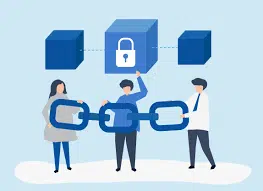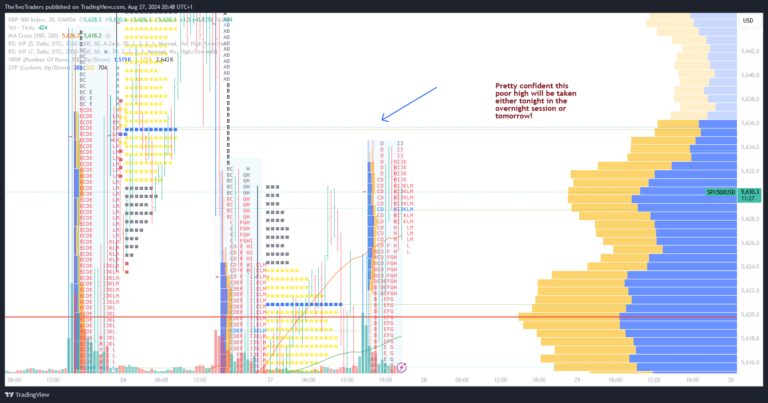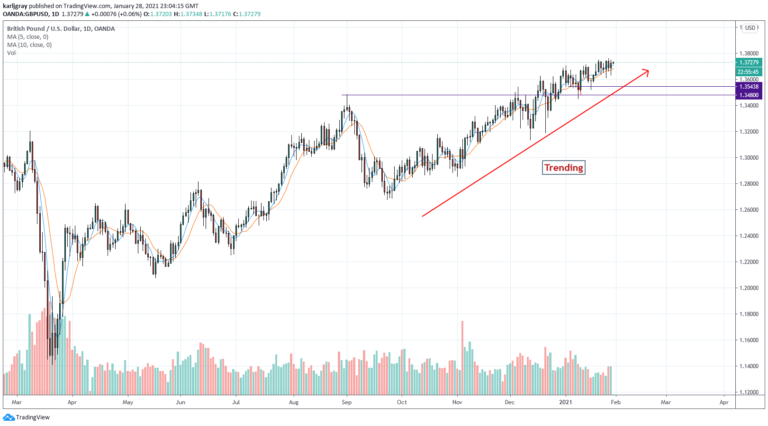Owning cryptocurrencies like Bitcoin (BTC), Ethereum (ETH), or Dogecoin (DOGE) means possessing a private key that gives you full control over your assets. This private key is your digital lifeline; anyone who gains access to it can take complete control of your crypto holdings. This decentralized nature means no bank, regulator, or even your mom can stop a thief from spending your hard-earned crypto. Once it’s gone, it’s gone.
Cryptocurrency Security for Beginners and Pros Alike
The world of cryptocurrencies and blockchain technology can be overwhelming, especially for beginners. However, this is no excuse to be complacent about securing your investments. Whether you are new to the world of crypto or a seasoned HODLer, security must be a top priority.
A popular saying in the crypto community is, “Not your keys, not your coins.” This phrase highlights the importance of having sole ownership of your private key. If you don’t control your private key, you don’t fully own your assets. Many of us initially purchase cryptocurrencies through exchanges like Coinbase, Kraken, or Binance. While these platforms are convenient for buying and selling, using their services means entrusting them with your private keys (and, by extension, your coins). Essentially, if your DOGE is left on Coinbase, it’s technically Coinbase’s DOGE, not yours.
To minimize the risk of losing all your crypto holdings, it’s crucial to take control of your private keys. Ensure that only you know how to access your funds, whether through a private key for your Bitcoin wallet, a twelve-word seed phrase for your Ledger device, or a PIN for your Trezor wallet.
How to Keep Your Crypto Secure: Best Practices
To ensure your funds are safe, here are some best practices to follow:
Enable Two-Factor Authentication (2FA)
The simplest and most effective step is to set up 2FA on all platforms, including crypto exchanges and email accounts. We recommend using authentication apps like Google Authenticator or Authy instead of SMS-based TOTP, which can be more easily compromised by hackers.Use a Password Manager
Passwords and usernames can be compromised, so it’s wise to use a password manager. Avoid reusing passwords, no matter how complex, because one breached account could jeopardize all your accounts. Consider creating a difficult master password and using a password manager to generate unique, encrypted passwords for every service. Popular options include LastPass and Keeper.Consider Cold Storage (Wallets)
Using a wallet gives you full control over your private keys. There are several types of wallets: paper, software, online, and hardware. Each offers different levels of security and functionality, so it’s essential to choose the one that best suits your needs. We’ll discuss these options in more detail later.Practice Discretion
Keep a low profile about your crypto holdings, especially during bull markets when your assets might suddenly be worth more than expected. Avoid bragging about your wealth to minimize the risk of becoming a target for thieves. Remember, it only takes one moment of pride or complacency to lose it all.Stay Vigilant Against Phishing and Scams
Always be on the lookout for red flags and remember that no one has the right to know your private key except for you or a trusted entity. If you use a hardware wallet, you should never be asked for your seed phrase. Beware of scam websites with similar domains to legitimate ones, and always double-check email senders if something seems suspicious. Many services use anti-phishing codes known only to you and the service, so always verify them. When entering sensitive data, ensure you are on a secure site (look for the padlock symbol in the URL bar).Use a VPN for Extra Security
Using a Virtual Private Network (VPN) adds an extra layer of security by hiding your personal information and online activity. This reduces the risk of hackers linking you to your crypto wallets and assets.
What to Do If Your Security is Compromised
Data breaches can expose your personal information, making you a target for hackers and scammers. If you find out your information has been leaked, change all usernames and passwords associated with affected services immediately. While Gmail and other platforms do a good job filtering out spam and phishing attempts, always be cautious. If an email or website seems off, trust your instincts—don’t click on suspicious links or download unknown files. And never, under any circumstances, send money to strangers or provide sensitive information.
By following these best practices, you can significantly enhance the security of your cryptocurrency holdings and enjoy greater peace of mind in the digital age. Stay safe, stay informed, and always be vigilant.




